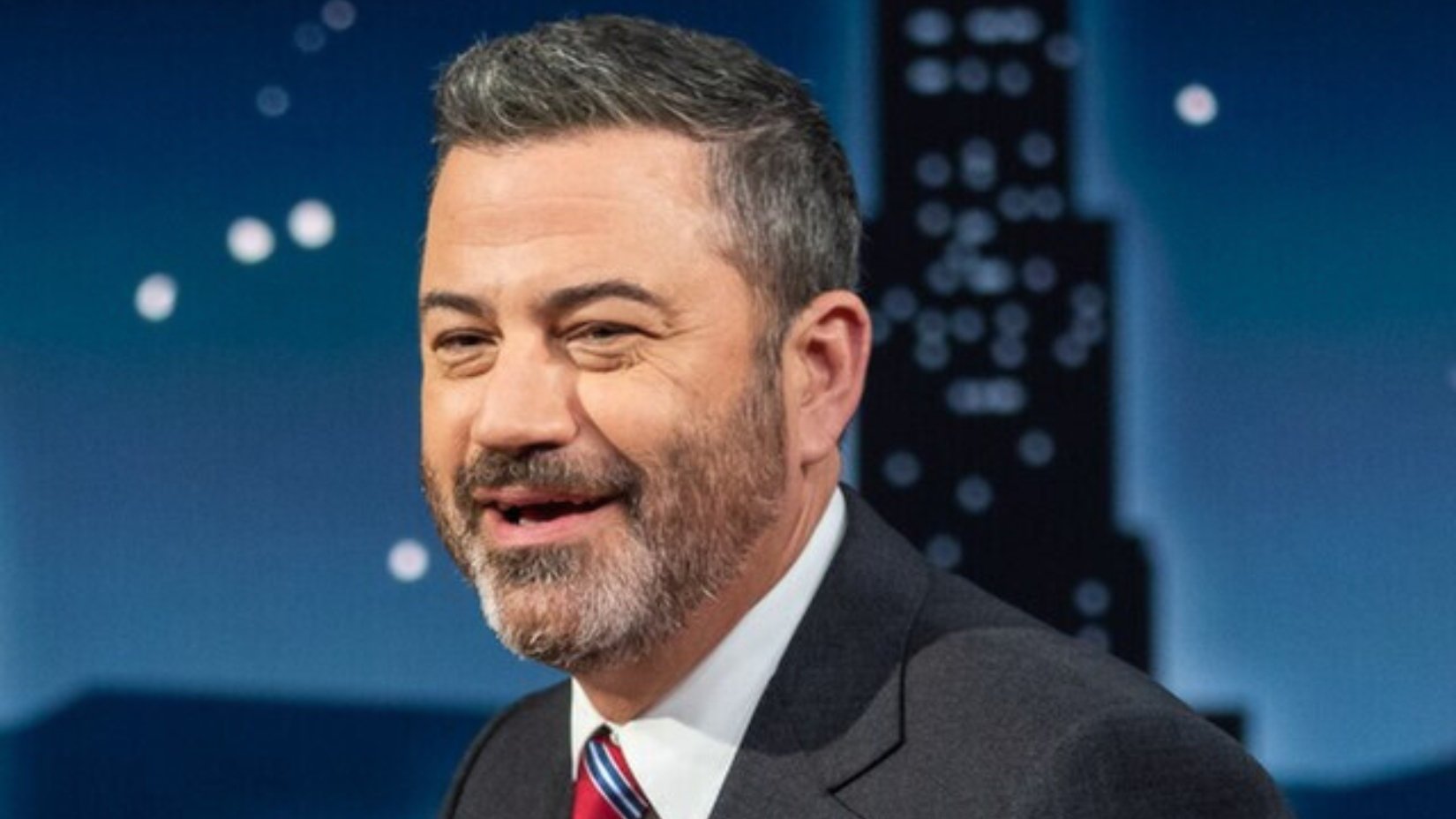Charlie Kirk’s Alleged Shooter, Jimmy Kimmel and Free Speech, and Christian Education
Authors: John Stonestreet and Maria Baer
.jpg)
Author: John Stonestreet
On Friday, Representative Alexandria Ocasio-Cortez was among a number of Democratic lawmakers to vote against a resolution to honor the late Charlie Kirk, who was assassinated on September 10. After condemning his murder as “a horrific and vile attack,” the Congresswoman associated his work with America’s long “legacy of bigotry.” Likewise, Representative Bennie Thompson said that Kirk’s “rhetoric was divisive, disparaging, and rooted in grievance.”
Their statements mirror a claim that now fills many newsfeeds and talk shows. While qualifying his murder as detestable, many accuse Charlie Kirk of being an outspoken proponent of hate, violence, white supremacy, and other dangerous phobias. Many people believe this accusation. Many others, in the wake of Kirk’s assassination, have spent hours looking through his videos and come to a different conclusion.
Last week, theologian and author Dr. Thaddeus Williams ran an experiment to test this claim. I asked Dr. Williams to share what he found:
Using multiple accounts, multiple IP addresses, and multiple devices to avoid politically charged algorithms, I crowdsourced the worst quotes people could find of Charlie from my friends who staunchly disagreed with him. In the end, I analyzed 100 videos.
In 44 of those 100 videos, there was no name-calling from either side. That means in 56 videos insults were hurled. Here’s where things get interesting. In those 56 videos, Charlie is called names a total of 59 times by those who disagreed with him. He was called stupid, insane, honorless, classless, weird, freak, loser, pathetic, spineless, cowardly, sick, piece of trash, Nazi, Hitler, and dozens of other unsavory terms that I won’t bother to repeat here. In no instance did Charlie Kirk respond by calling the person who insulted him a derogatory name. Not once did he return evil for evil. Quite the contrary, in fact. Often, he hushed the crowd so his opponent could continue to make their case. And often, he thanked his opponents for their courage in publicly engaging with him on hard topics.
How many times did Charlie, in the 100 videos, resort to name calling? The answer is 11. In one video he called someone [a] “low I.Q. Individual.” Who was he referring to? A young man who praised Adolf Hitler. In another video, Charlie used the term “idiots.” Who did he use that term to describe? A now-defunct group of Neo-Nazis known as Identity Evropa. In a third case, Charlie used the term “losers.” However, he was not addressing a particular individual. Rather, he was telling young men not to live in their parents’ basements on their parents’ dimes playing video games all day, but to go make something of themselves.
In a fourth instance, he leveled the insult “Stupid Muslims.” In the very same breath, he made it obvious that he is not describing all Muslims, but speaking of that subgroup within Islam that “kills Jews.” In a fifth and sixth instance, he used the terms “tranny” and “freaks” in the context of describing specific individuals who celebrate such terms themselves.
In a seventh instance, he referred to four specific black public figures as lacking “brain-power.” This personal, albeit uncharitable assessment was not of an entire race but of specific individuals. He also made several similar claims about white people he did not think were qualified for powerful positions. In the eighth instance, he raised a question about “black pilots,” not making the racist claim that black people are inferior to white people at flying, but rather criticizing DEI hiring policies that prioritize melanin over merit. When asked directly about white supremacy, Charlie said this:
“When I encounter anyone around the ideology of white supremacy, I repudiate it and I reject it. ... TPUSA rejects anyone that has hatred. ... Would a white supremacist organization host a black leadership summit ... host the nation’s largest young Latino leadership summit in the country?”
This leaves 3 cases in which Charlie called someone names, and these are the videos that I think are most revealing about who Charlie was, what he believed, and what he stood for:
“I’m a sinner.
I’m selfish.
I’m broken.
And only thanks to Jesus’s perfect sacrifice coming and living a perfect life that I get something I do not earn but has been given to me, this free gift of eternal life.”
So, in the end, Charlie Kirk’s most vivid case of name calling was aimed at none other than Charlie Kirk. Was he perfect? No. And he knew it. So, he looked to the only One who lived a perfect life—Jesus Christ, the perfect sacrifice. May broken, selfish, sinners like us do the same.
For Dr. Williams’ full analysis, see his “Shed and Beam” podcast on YouTube.
___________
Photo credit: Gage Skidmore, CC BY-SA 4.0 <https://creativecommons.org/licenses/by-sa/4.0>, via Wikimedia Commons

Authors: John Stonestreet and Maria Baer
 Read More
Read More

Authors: John Stonestreet and Maria Baer